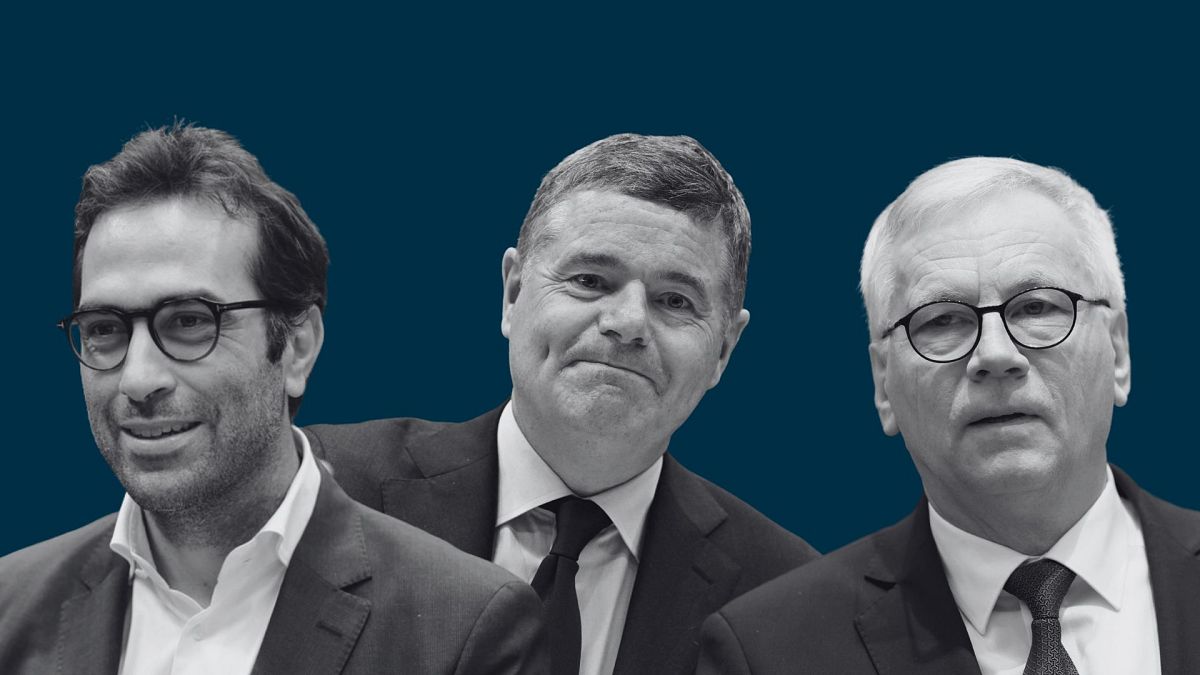

In recent days, significant movements and decisions have been shaping the global landscape, highlighting dynamic changes in international leadership, political alignments, legal decisions, and cultural matters. A collection of stories from across continents reflects on these developments, offering a calming yet comprehensive perspective on current affairs.
As the Eurogroup gears up for its next presidential elections, finance ministers from diverse European nations, including Ireland, Lithuania, and Spain, are poised to elect a new leader on July 7. This selection comes with great anticipations and proposals, as candidates vie to influence the future direction of the Eurozone’s financial policies and cooperation. The outcome of this election holds substantial importance for the economic stability and integration efforts of the Euro-area nations, bringing together minds looking forward to further economic resilience and innovation.
Across the Atlantic, the political landscape takes an unexpected turn as Elon Musk announces the formation of his own political party. This announcement follows a significant rift with former US President Donald Trump, marked by Musk’s staunch opposition to a sweeping tax cut and spending bill recently signed by Trump. Musk’s new political endeavor is anticipated to bring dynamic shifts into the current political discourse, potentially drawing attention from technology-driven agendas and progressive policy considerations that appeal to a wide array of citizens seeking alternative political voices.
In the realm of legal affairs, a US judge’s recent decision has set the stage for the deportation of eight immigrants to South Sudan. This ruling follows a series of emergency legal proceedings and deeply impacts the lives of individuals from various national backgrounds, including Vietnam, South Korea, and Mexico. The deportations, scheduled amid a backdrop of national holidays and closed courts, underscore the intricate challenges within immigration law and policy, spotlighting issues of justice, human rights, and international relations.
Simultaneously, developments in Australia have captured attention as Home Affairs Minister Tony Burke addresses a recent fire at a Melbourne synagogue, labeling it an “attack on Australia.” As authorities advance in their arrests of those connected to the incident, the emphasis remains on public safety and advancing community cohesion. This event also coincides with news of transcendental infrastructure projects like Melbourne’s Metro Tunnel, promising to revolutionize city commuting, and igniting a sense of communal transformation.
Additionally, the Australian political landscape continues to grapple with cultural narratives, specifically around gender and participation in politics. Conversations concerning the Liberal Party’s treatment of women spotlight the urgent dialogue around quotas and gender equality within political frameworks. As cultural dialogues evolve, there is a growing awareness and desire for nurturing an environment where equitable representation becomes the norm rather than the exception.
These diverse stories, spanning continents and fields, reflect ongoing change and adaptation, elicit discussions about leadership, identity, and just governance. As these global narratives unfold, they remind us of the interconnected nature of our societies and the perpetual evolution towards a more coherent and conscientious world. While each development presents its own set of challenges, they also hold the potential for positive change and a deeper understanding of our shared global landscape.
Source: {link}
